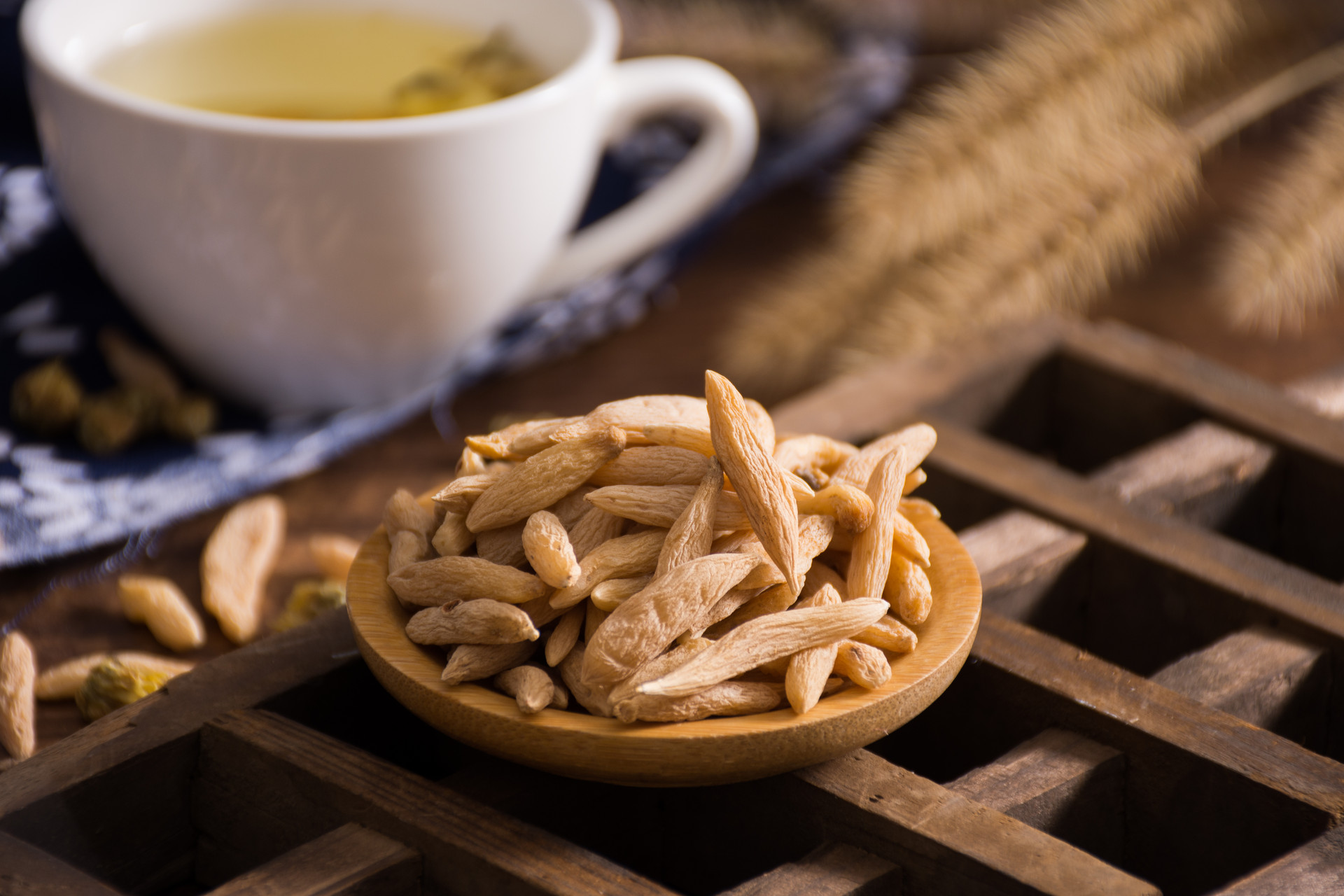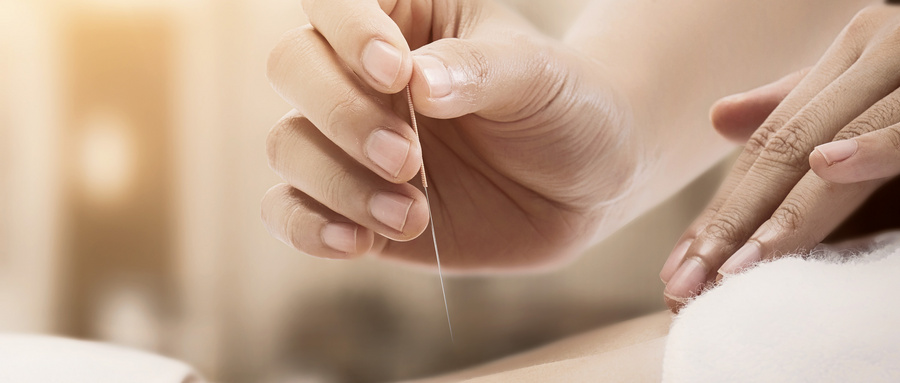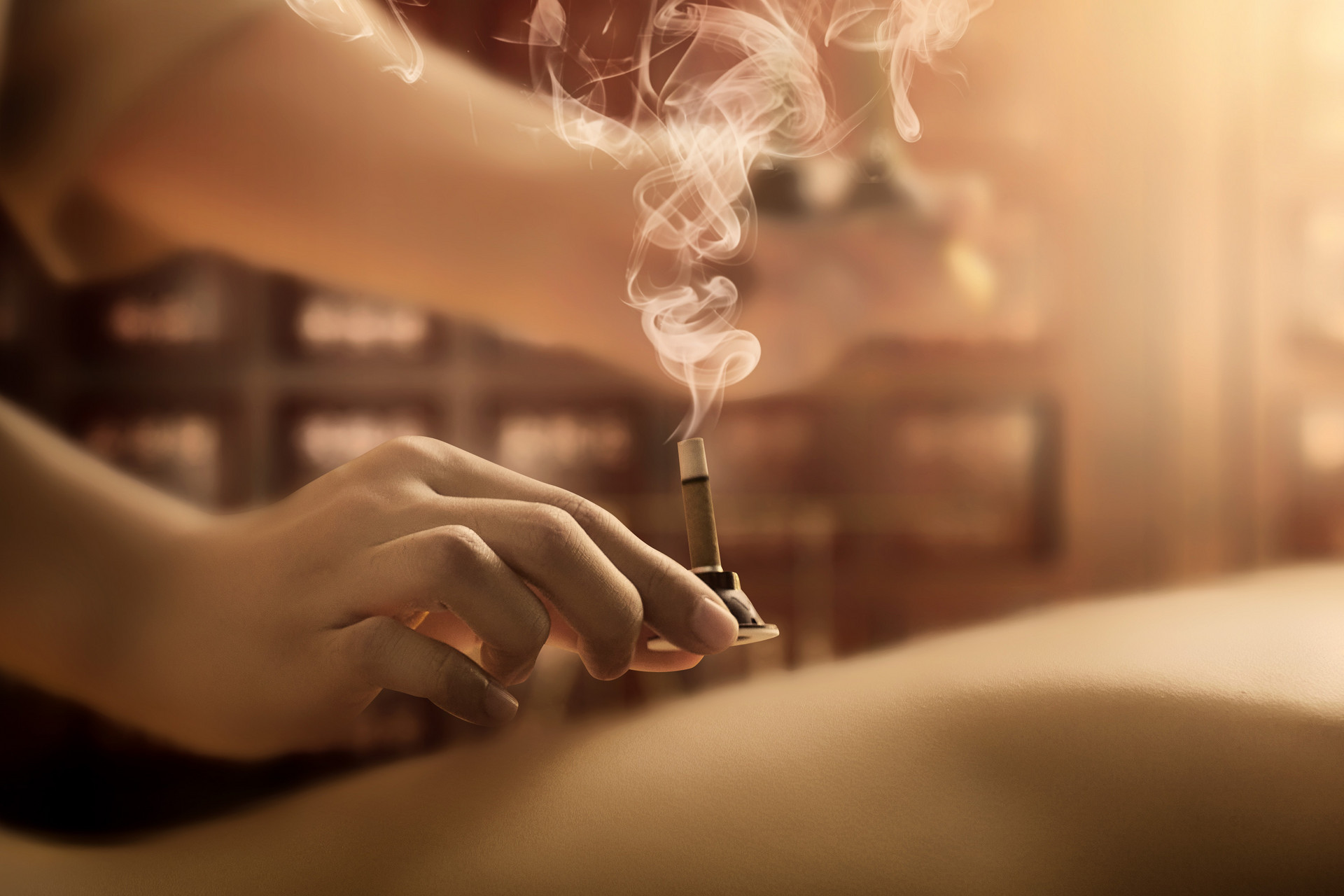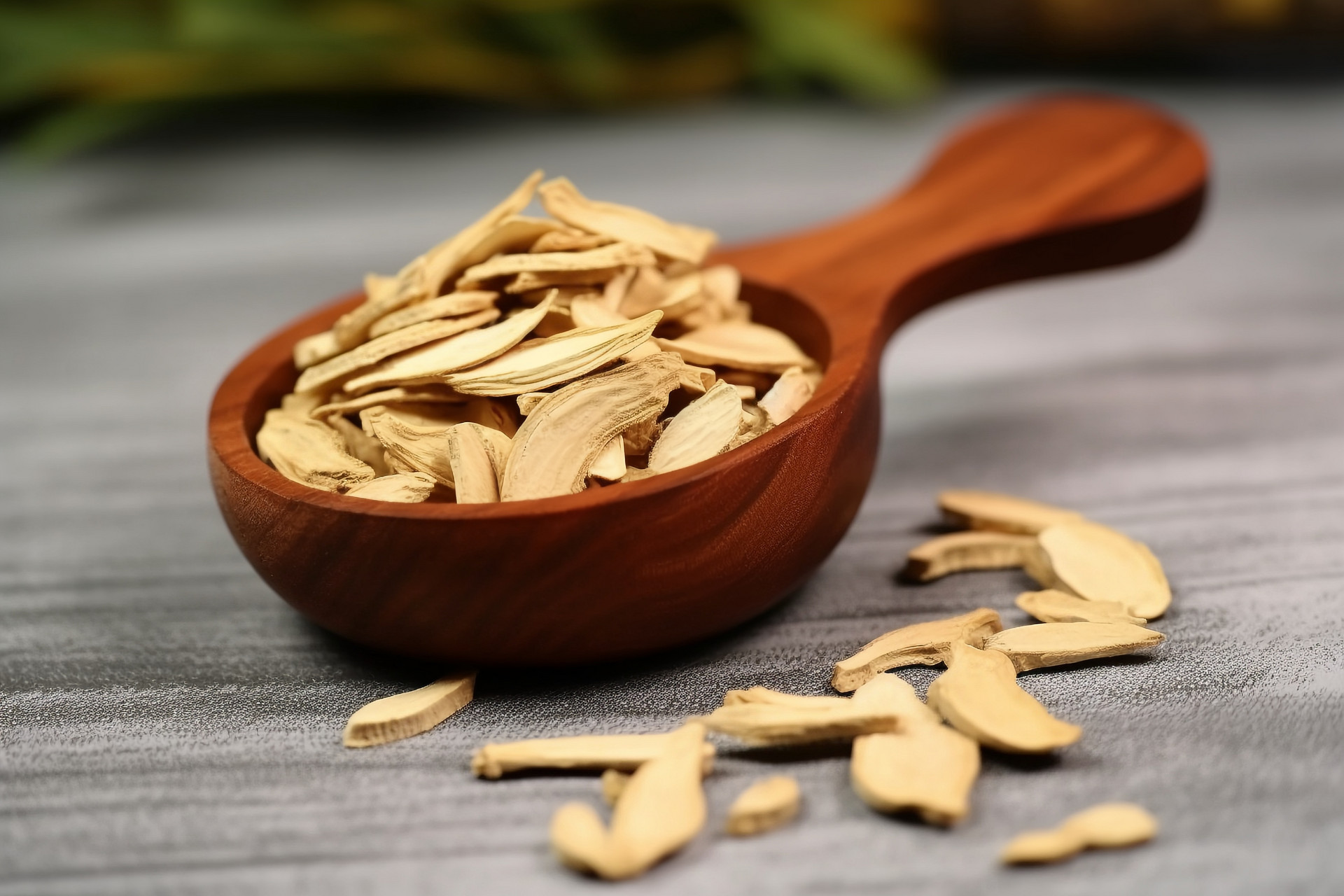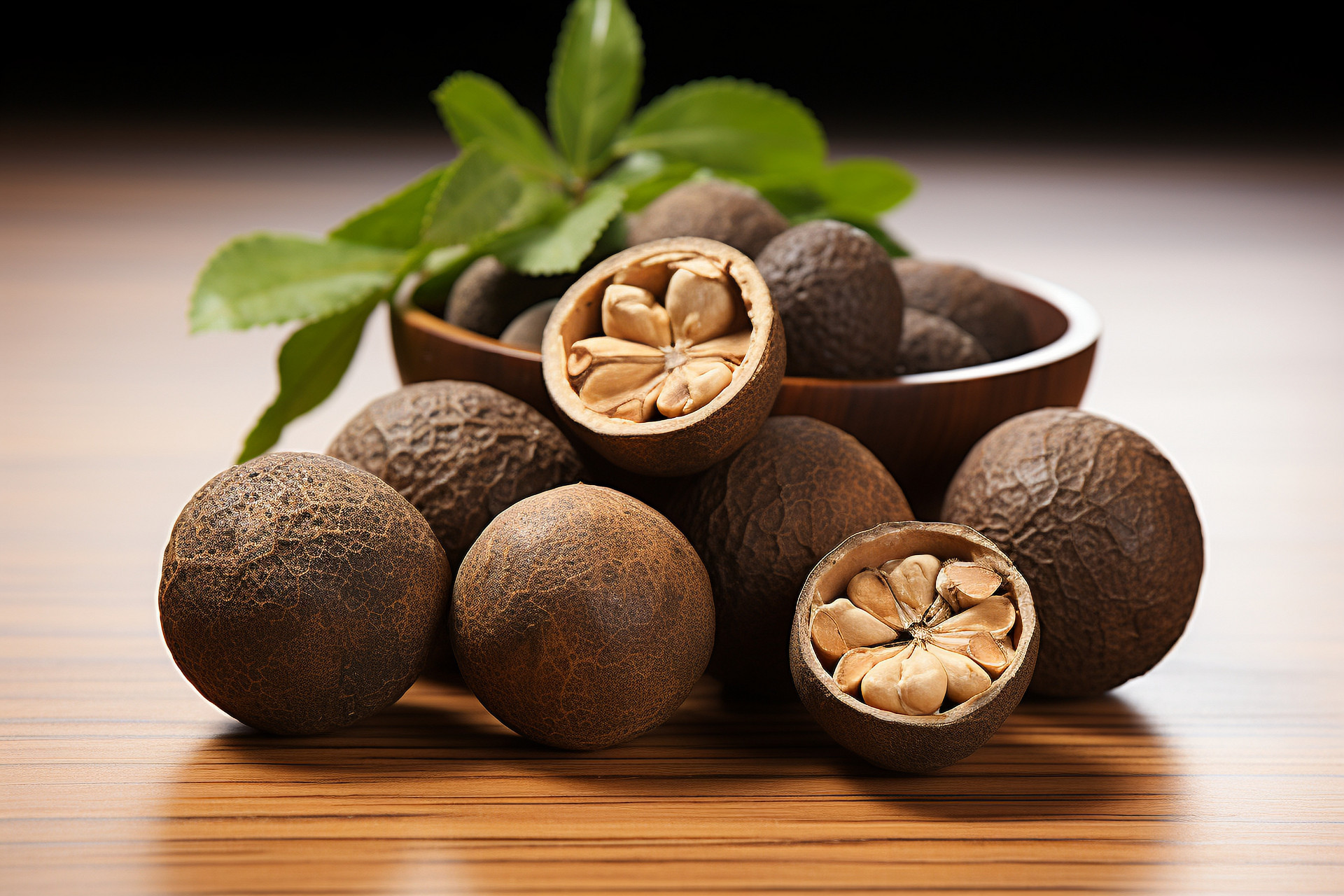There is only one character's difference between Jin Lingzi and Jin Yingzi, but they are completely different medicines with different effects.
Jin Lingzi
Scientifically known as Chuan Lian Zi, also known as Ku Lian Zi and Chuan Lian Shi, it is the dried mature fruit of the plant Chuan Lian. It has a cold nature and a bitter taste with slight toxicity. It enters the liver, small intestine, and bladder meridians. Its main components are Chuan Lian Zi Su and alkaloids. It has the effects of soothing the liver and promoting qi circulation, relieving pain, and expelling parasites. It is used to treat symptoms such as chest and hypochondriac pain, hernia pain, and abdominal pain due to intestinal parasites. The "Compendium of Materia Medica" states: "Lian Shi can clear the heat in the small intestine and bladder, and it can also lower the heart fire, making it an essential medicine for heart and abdominal pain and hernia." The "Essentials of Medical Forest" also states: Jin Lingzi "clears heart fire, strengthens kidney water, clears lung metal, and clears liver fire. It is used to treat hernia and eliminate stagnation."
Modern pharmacological research has confirmed that Jin Lingzi has inhibitory effects on the respiratory center, can counteract botulinum toxin, relaxes the sphincter muscles, contracts the gallbladder, and promotes the excretion of bile. It also has inhibitory effects on Staphylococcus aureus and various pathogenic fungi.
In clinical practice, Jin Lingzi is combined with Yan Hu Suo to treat various pains caused by liver depression and fire; when combined with Si Ni San, it treats liver and stomach gas pain; when used together with Yan Hu Suo, Xiang Fu, Ju He, and Mango seed, it treats hernia pain. For the treatment of breast distension, Jin Lingzi is ground into powder, mixed with brown sugar, and taken with yellow rice wine, 1-2 times a day, for 2-5 consecutive times. It is effective in treating breast distention. For external use, roast the Ku Lian Zi until it turns yellow, grind it into fine powder, and mix it with lard or petroleum jelly to make a 50% ointment. Shave or trim the hair of patients with tinea capitis, wash the scabs with clean water, then wash with 5%-10% alum water, dry, and apply the ointment to the affected area once a day for 10 consecutive days to treat tinea capitis effectively.
Note: It should not be taken by those with deficient spleen and stomach.
Jin Yingzi
Also known as Jin Yingzi, Denglongguo, and Ci Gan Lan, it is the dried mature fruit of the plant Jin Yingzi in the Rosaceae family. It is also called sugar jar or honey jar because it contains a lot of sugar. It has a neutral nature and a sour and astringent taste. It enters the kidney, bladder, and large intestine meridians. It has the effects of consolidating essence and astringing the intestines, and stopping urinary frequency and diarrhea. It is used to treat symptoms such as spermatorrhea, enuresis, frequent urination, diarrhea due to spleen deficiency, lung deficiency cough, spontaneous sweating, night sweats, and abnormal uterine bleeding. The "Shu Ben Cao" states: "Treats spleen leakage, diarrhea, and stops frequent urination, astringes essence and qi." The "Compendium of Materia Medica" also states: "Stops vomiting of blood, nosebleeds, produces body fluids, arrests spontaneous sweating, consolidates deficient fire, nourishes essence and marrow, strengthens tendons and bones, tonifies the five viscera, nourishes blood and qi, calms cough, relieves wheezing, treats palpitations, stops spleen leakage, blood dysentery, and urinary incontinence."
Modern pharmacological research has confirmed that Jin Yingzi has a good lipid-lowering effect, strong antibacterial effects against influenza virus, Staphylococcus aureus, and Escherichia coli, and is effective against Pseudomonas aeruginosa. It can reduce urinary frequency and prolong the interval between urinations. Its water extract can inhibit the autonomous contraction of intestinal smooth muscles and counteract the spasmodic contraction caused by acetylcholine and barium chloride. It can effectively reduce serum cholesterol and promote gastric secretion, aid digestion, and has an astringent effect on the intestinal mucosa, reducing secretion and stopping diarrhea.
In clinical practice, Jin Yingzi is used in combination with Qian Shi to treat kidney deficiency with spermatorrhea and leakage; with Ren Shen, Wu Wei Zi, and Ha Jie to treat lung deficiency cough and asthma due to chronic illness; and with Ejiao, Sanqi, and various carbonaceous drugs to treat prolonged uterine bleeding.
Note: It should not be used by those with excessive fire or pathogenic heat, as it has astringent properties. In addition, Jin Yingzi should not be consumed with cucumber and pork liver.
In summary, it is clear that Jin Lingzi is a medicine that promotes qi circulation and relieves pain, and can also kill parasites. Jin Yingzi, on the other hand, is a medicine that consolidates and astringes, and can stop spermatorrhea and diarrhea. These two medicines should not be confused. (Han Decheng)



